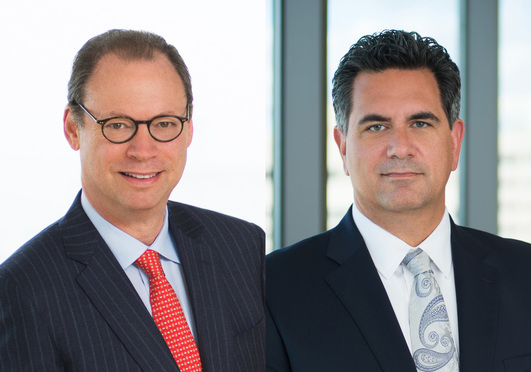The pandemic has spurred analysis of legal issues as businesses grapple with their respective relationships with both private and public entities. For example, corporate general counsel suddenly were flooded with law firm alerts analyzing the scope of force majeure clauses—a contract term that is rarely the focus of negotiation. Last month the authors examined how bankruptcy courts are addressing post-petition retail rent obligations differently during the pandemic under Sections 105 and 365 of the Bankruptcy Code. Today we examine another provision of the code—Section 525—the anti-discrimination section, and its implications during COVID-19.
A number of bankruptcy courts have been faced with a novel issue on an emergency basis. In response to the pandemic, the federal government enacted the highly published payroll protection loan program to assist devastated small businesses and nonprofit enterprises. However, the Small Business Administration (SBA) issued regulations that disqualified Chapter 11 debtors from participating in the program. Several debtors have sought emergency injunctions to compel the SBA to process their loan applications notwithstanding their ongoing bankruptcy cases. The results have been mixed; some courts have directed the SBA to process the applications, and others uphold the SBA’s exclusion of bankrupt debtors from the PPP lifeline.


 Left to right: Andrew Kassner and Joseph Argentina of Drinker Biddle & Reath.
Left to right: Andrew Kassner and Joseph Argentina of Drinker Biddle & Reath.




